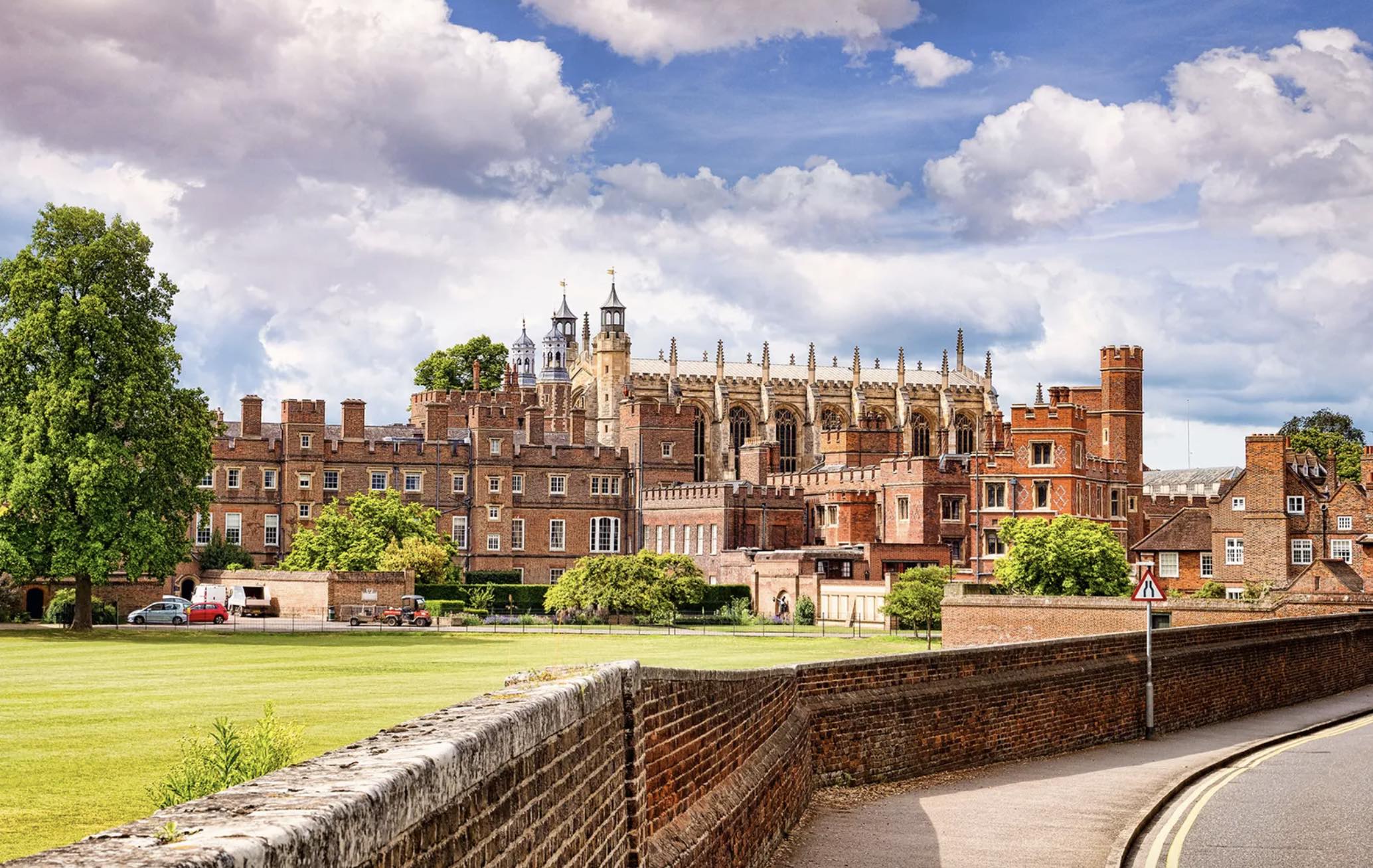Nine public schools
1. What is a British public school?
Origin 9 is the honorary title given to the 9 best and oldest public schools in the UK by locals. When it comes to public schools in the UK, everyone's first impression is "noble" and "expensive". So, what is the UK public school like? The predecessor of the public school was the Grammar School, whose earliest origins can be traced back to 598 AD, while the first public school, Winchester College, was founded in 1382, and there are still 100 public schools in the UK. Many public schools exist. The reason why public schools can endure for a long time mainly relies on the four pillars of power, examination, blood, and money to maintain its first-class school conditions, teacher lineup and teaching level, thereby cultivating many world leaders and elites. From its origin to the present, public schools have trained not only British royals, political celebrities, and stylistic stars, but many heroes and generals during World War I and World War II came from these schools.
The nine public schools we know are: Eton College, Charterhouse, Harrow School, Winchester College, Westminster School, Rugby School, Shrewsbury School, Merchant Taylors' School, St Paul's School for Girls. Has the highest reputation in the UK.

2. UK public school admissions process
The admissions process of the UK's top public schools lasts for three years, and the registration application and preparation for exams require earlier time.
Take Eton College as an example: Applicants need to register in advance and participate in two rounds of evaluation. Students must register by 30 June when they turn 10 years old (Year 5 in the UK). For example, a 13-year-old student who wants to apply for admission in 2020, has now completed all registration stages. Applicants must complete the registration three years in advance. Boys applying for 2021 entry must complete registration by 30 June 2018. Boys entering in 2022 must complete registration by 30 June 2019. The school is currently only accepting registrations for 2023 and 2024.
Eton College screens students academically, the most important time being around the age of 11. Students who pass this screening will be granted conditional admission. Conditionally admitted students can successfully enter Eton at the age of 13 after passing the Common Entrance, Eton Entrance (usually for students in public primary schools) or the King's Scholarship Test. Conditionally admitted students are very few at Eton at age 13.
About 15 students were able to enrol at age 13 through the New Foundation Scholarship, Music Scholarship and King's Scholarship, and did not previously need to sit for the 11-year-old academic test. About 15 students are admitted each year at the age of 16, and most of these students receive high school scholarships.
After passing the academic screening stage, candidates need to take the assessment test for conditional admission in Year 6 in the UK (around Year 5 in China). The assessment is divided into two rounds:
The first round of assessment: students need to participate in the ISEB Pre-Tests held in October and November every year in the UK in Year 6. The test can be taken at the student's current school or at an educational institution recognised by Eton College. In addition, the student's homeroom teacher is required to issue a report on the student's academic ability, extracurricular interests, and personal characteristics. Each boy's grades are standardized and age-appropriate. Regardless of the age of the student during the school year, Eton College will assess the student's ISEB Pre-Tests results and a reference letter from the current school principal, and students who pass the first round of assessment will participate in the second stage of assessment. Parents will be informed of the Stage 1 assessment report in mid-December.
Second round of assessments: Second rounds of assessments are held at Eton in the spring or summer term of students in Year 6. Students will be grouped by age and take exams at different time periods. On exam day, students will participate in independent interviews, group assessments, and a test to further assess academic ability. The exam is computer-based and not only based on students' current knowledge base, but also requires students to have basic computer skills. After synthesizing all the circumstances of each candidate, the application results of the three groups of candidates will be announced in March, April and June respectively.
To give students a comprehensive understanding of Eaton, students can book a tour of the residence halls in the first or second semester of Year 7. Typically, students enrol at Eton in September after turning 13 after passing the Common Entrance Test.

3. What can we do?
Before students apply for schools, we will conduct detailed evaluations on students, give accurate judgments and suggestions according to students' individual circumstances and abilities, and formulate the most suitable public school plans and test preparation plans for students based on family needs. During the application service period of several years, we will not only communicate closely with the admissions department of public schools, coordinate examination matters and communication tracking at various stages, but also guide students on how to plan in the right direction and prepare for the examination efficiently. We not only have good cooperation with the Chinese Admissions Office of the public school to help international students apply for admission to the public school more smoothly; at the same time, we are stationed in London and maintain close contact and cooperation with the public school. We are good at applying for the top public schools in the UK, and have a far leading success rate, number of admissions and application experience in British local educational institutions. We believe in teaching students in accordance with their aptitude, and are committed to discovering the bright spots of children, sending children to the most suitable schools, and making children's life more successful.

 CN
CN

 Tel:+44 (0)20 8501 2034
Tel:+44 (0)20 8501 2034 Cooperation Email:info@osmeuk.com
Cooperation Email:info@osmeuk.com WeChat:OSMELTD
WeChat:OSMELTD Address:UCL BaseKX, 103c Camley Street, King's Cross, London, United Kingdom,N1C 4PF
Address:UCL BaseKX, 103c Camley Street, King's Cross, London, United Kingdom,N1C 4PF
